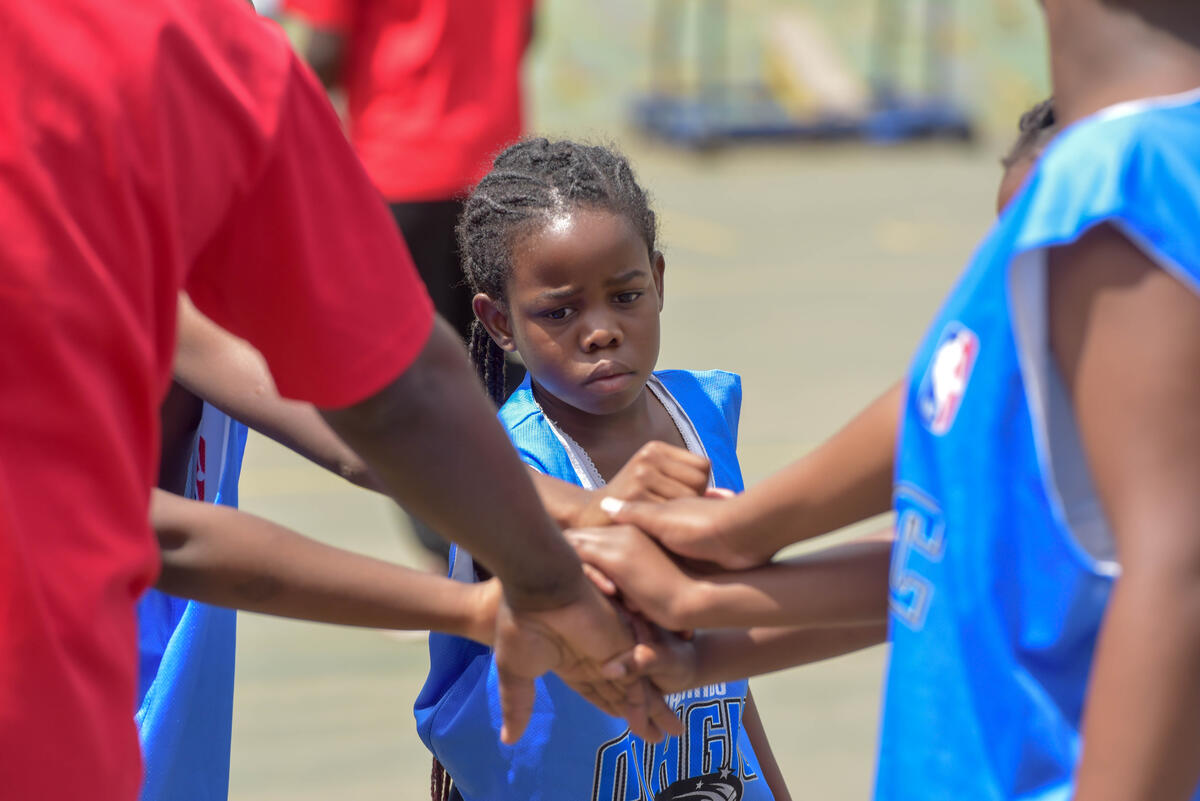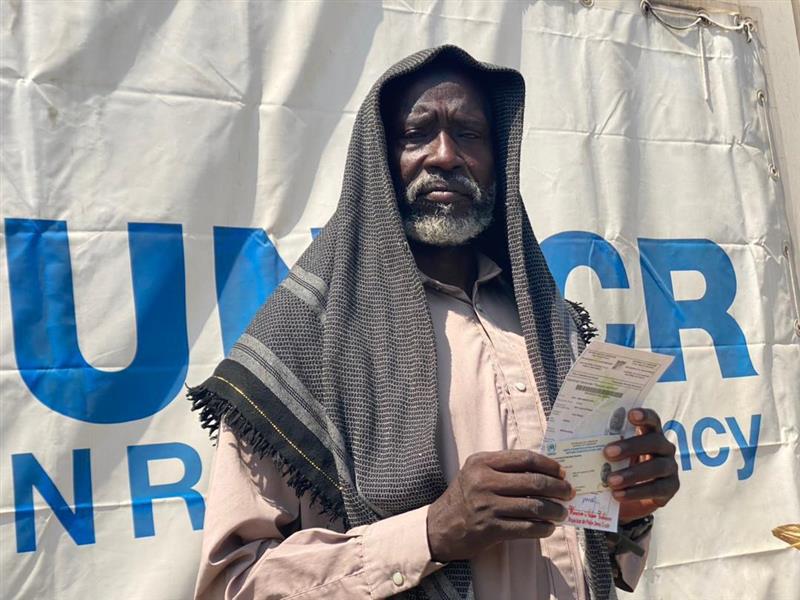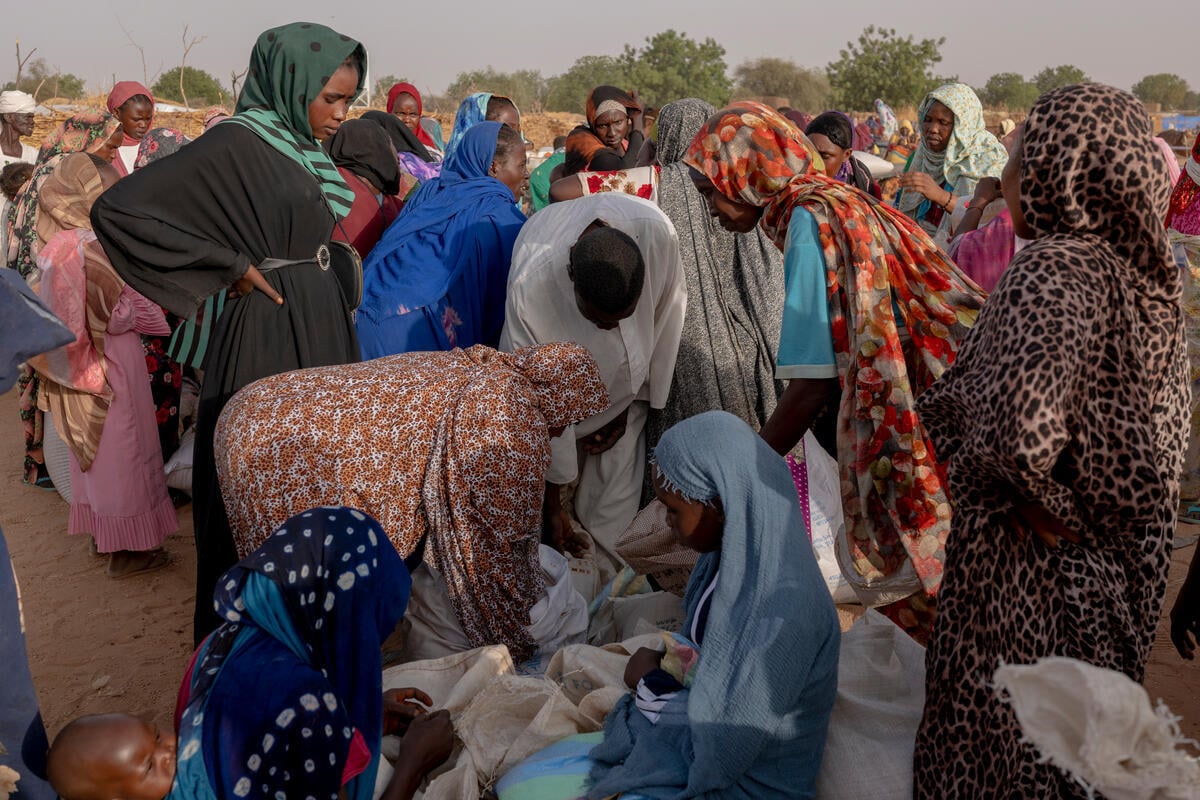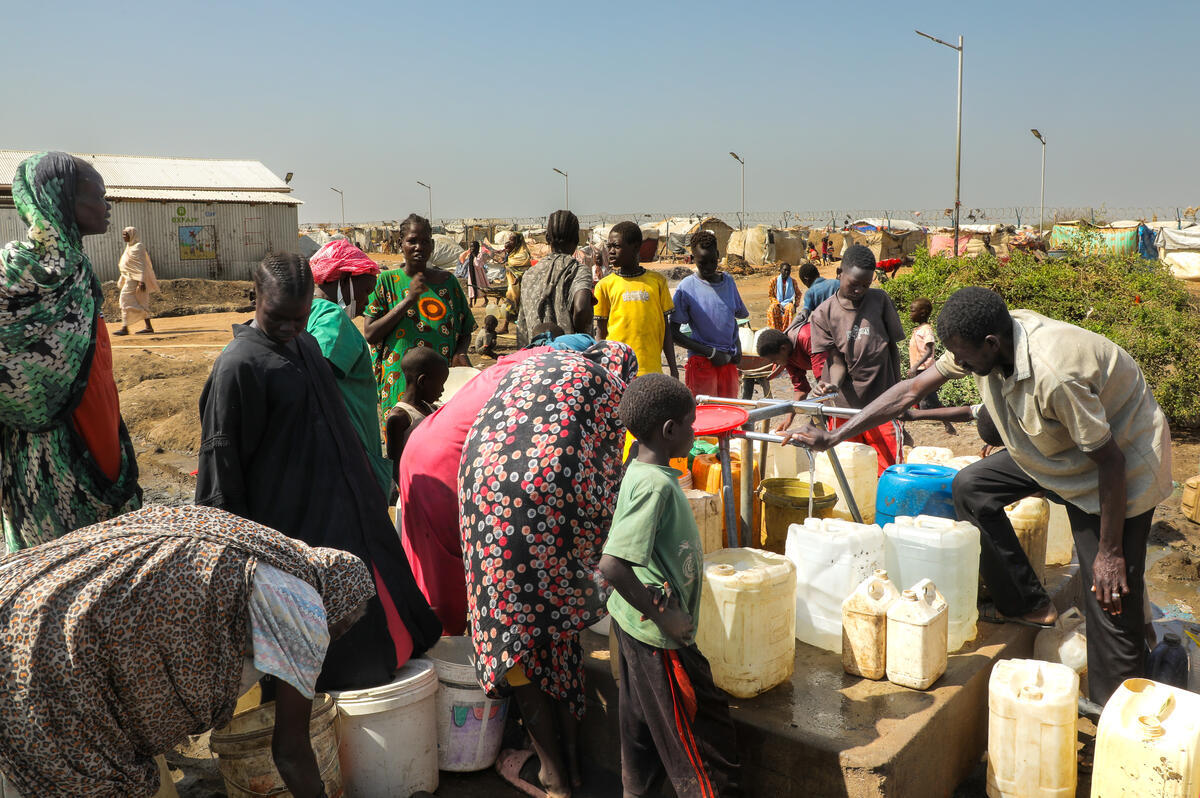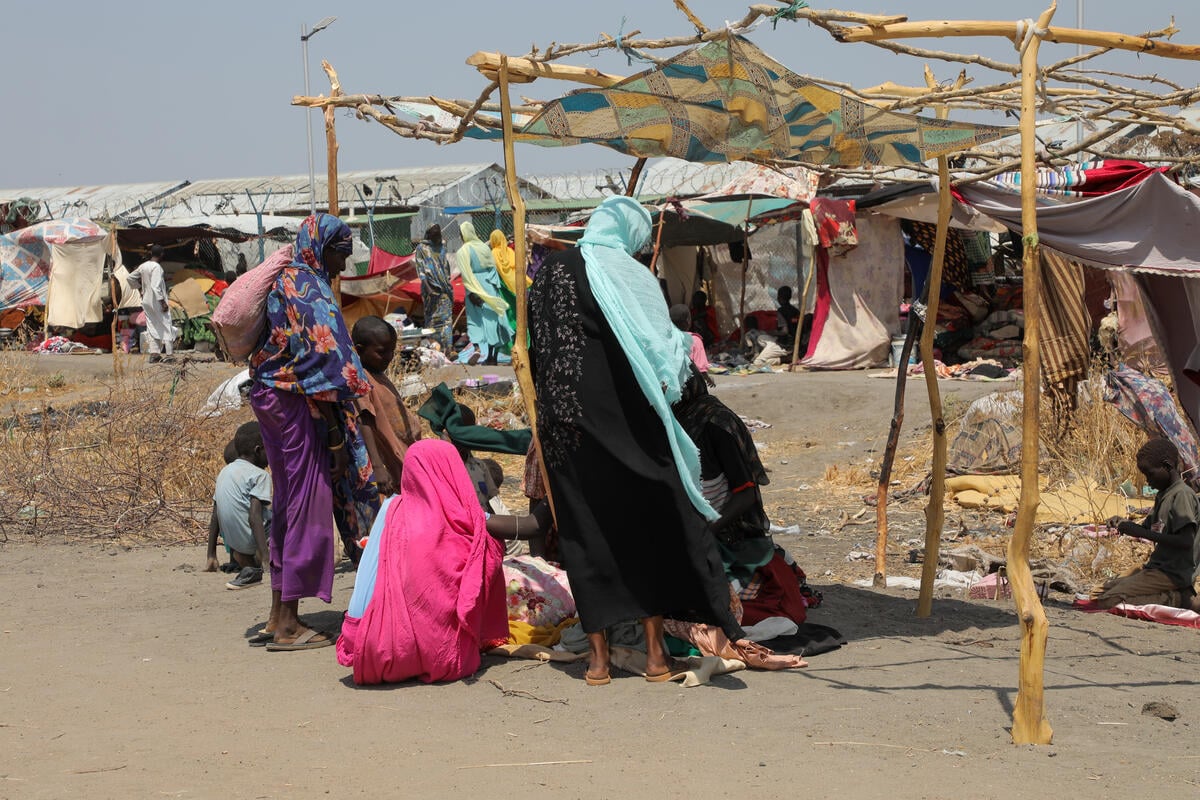Aid cuts shut down critical services for Sudanese refugees in Chad
Aid cuts shut down critical services for Sudanese refugees in Chad
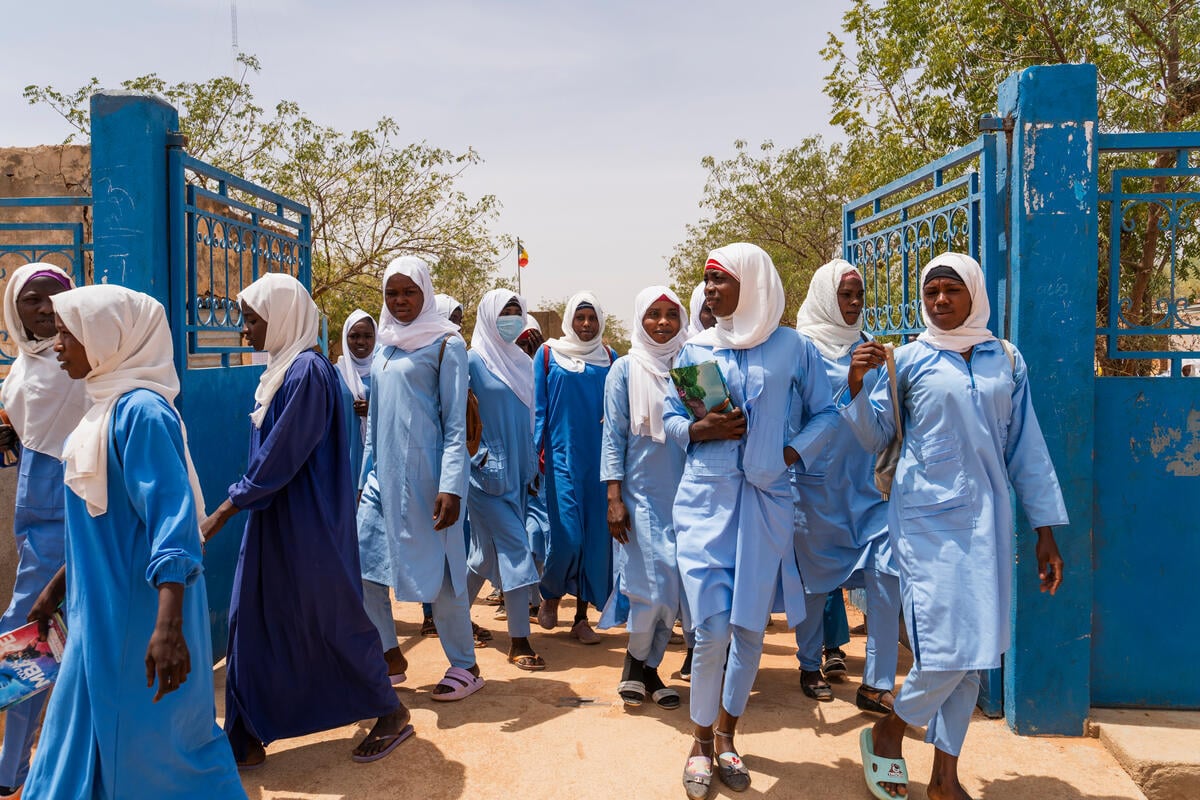
Fundings cuts mean that teachers at the secondary school in Farchana refugee settlement in eastern Chad are no longer being paid.
Unprecedented cuts in global humanitarian funding are having severe impacts on Sudanese refugees in Chad, with clinics, schools and programmes to protect women and children from violence and exploitation forced to shut down.
Reproductive health services have been particularly hard hit with a maternity ward that served refugee women having to close its doors. More women are now being forced to give birth at home without medical care leading to more deaths of women and babies.
Across the country, over 8,500 displaced children stand to lose access to secondary education this year as the funding cuts have made it impossible to pay teachers. If the cuts persist into 2026, over 155,000 refugee children could be left without education, leaving young people hopeless and more vulnerable to exploitation and abuse.
“We were shocked,” said Abdelrahim Abdelkarim, headteacher of a secondary school in Farchana refugee settlement in eastern Chad, referring to the day in January when he received the news that funds were no longer available to pay teachers’ salaries. “Children have dropped out of school. Many students will take dangerous and illegal migration routes, attempting to cross the sea. Some may drown while others end up working in gold mines.”
Chad is hosting 1.3 million forcibly displaced people, including more than 760,000 Sudanese refugees who have arrived since the brutal war in their country broke out in April 2023. Families continue to cross the border every day – most of them women and children – piling pressure onto one of the world’s poorest countries, which was already reeling from the impacts of extreme weather shocks, conflict, and economic instability.
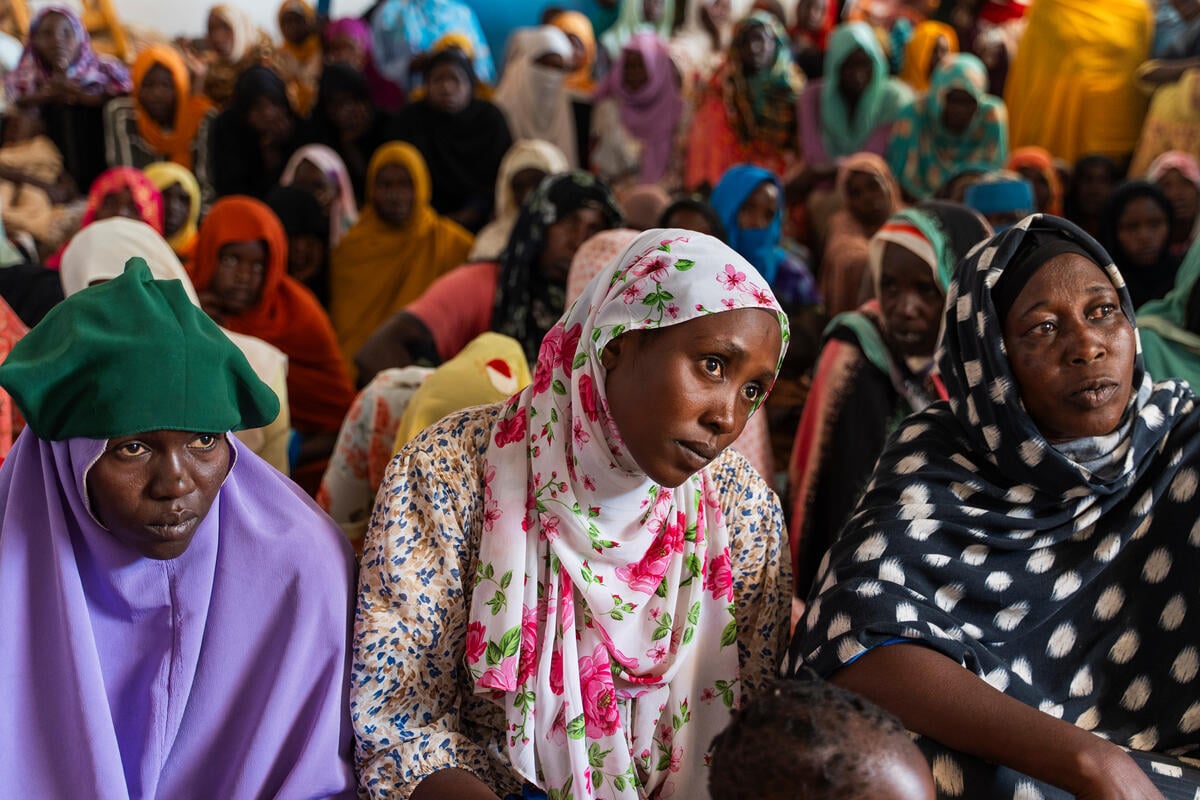
A women's group meets at Farchana Refugee Camp in eastern Chad, near the border with Sudan. The majority of refugees arriving there are women and children.
The funding crisis has left UNHCR and partners struggling to relocate hundreds of thousands of new arrivals away from crowded areas near the border with Sudan, where refugees live in harsh conditions without sufficient food or water, to settlements where they can access life-saving assistance. The building of new sites to house refugees has had to be put on hold.
The funding cuts have also forced humanitarian agencies to suspend programmes that were providing safety to vulnerable and lone children and helping to protect women and girls from violence and exploitation.
“It is sad to see these community-based efforts collapse in one day,” said Sabine Nana, a UNHCR protection official in Farchana, referring to a project to prevent violence against women and to support those who faced violence while fleeing the war. Instead of extending the programme to 10 other refugee settlements as had been planned, it will stop at the end of May.
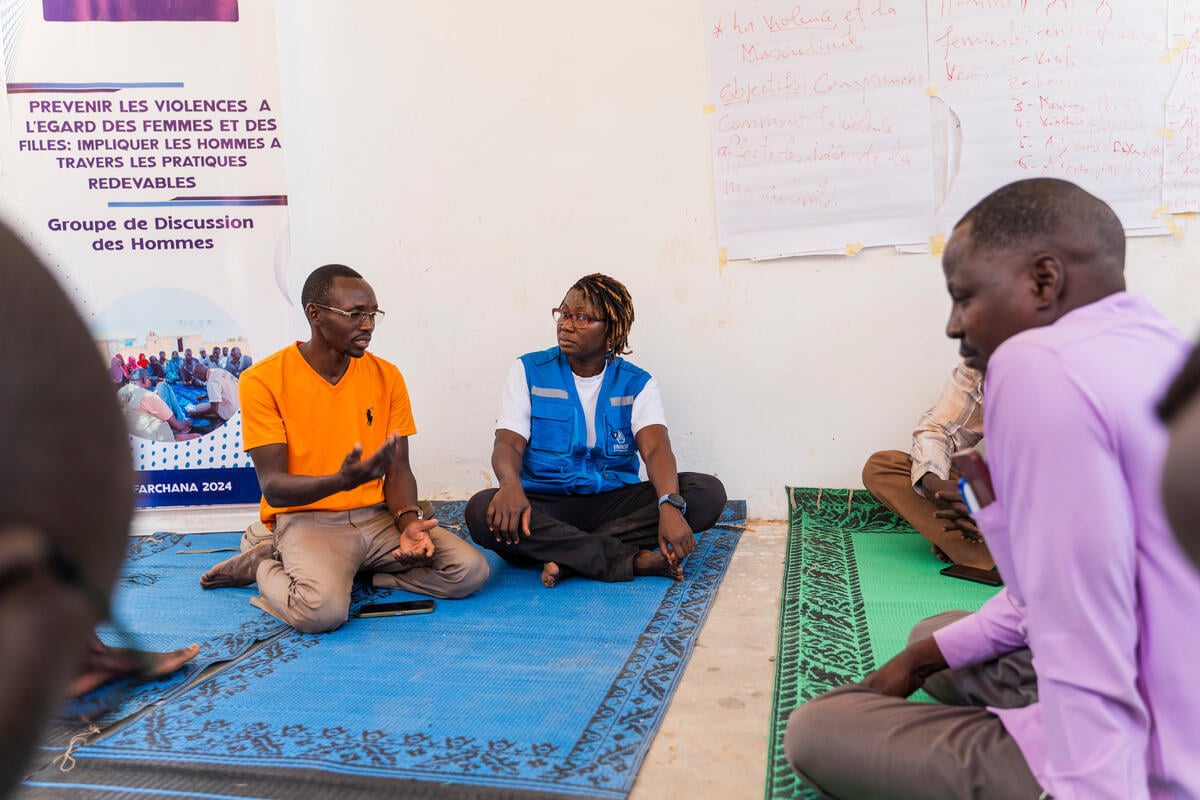
Sabine Nana, a UNHCR Protection Officer, hosts a group discussion for men about violence against women and girls, at the Farchana refugee camp.
By the end of February, UNHCR had received only 14 per cent of the $409.1 million it needs to support refugees and forcibly displaced people in Chad this year.
As refugees come to terms with the reality of the funding crisis, community leaders at Farchana settlement are mobilizing to try to fill the gaps. Parents are building makeshift classrooms for children and sharing the small amounts of food assistance they receive with refugee teachers who are continuing to teach without payment.
“The community decided to continue to support the teachers but how far will they go?” asks Michel-Rene Bizoza, UNHCR’s associate education officer in Farchana settlement. “It is really difficult to deal with this, but we are here with them, crying together and sharing the burden with them. We know that they are not alone – refugees around the world are suffering. We hope things will change for the better.”
In a recent statement, UN High Commissioner for Refugees Filippo Grandi said, “brutal funding cuts in the humanitarian sector are putting millions of lives at risk.” Describing the funding shortfall as “a crisis of responsibility”, he said “the cost of inaction will be measured in suffering, instability and lost futures.” Grandi will visit Chad this week to meet with refugees who continue to flee the conflict in Sudan and see first-hand how funding shortages are affecting the response to the crisis.
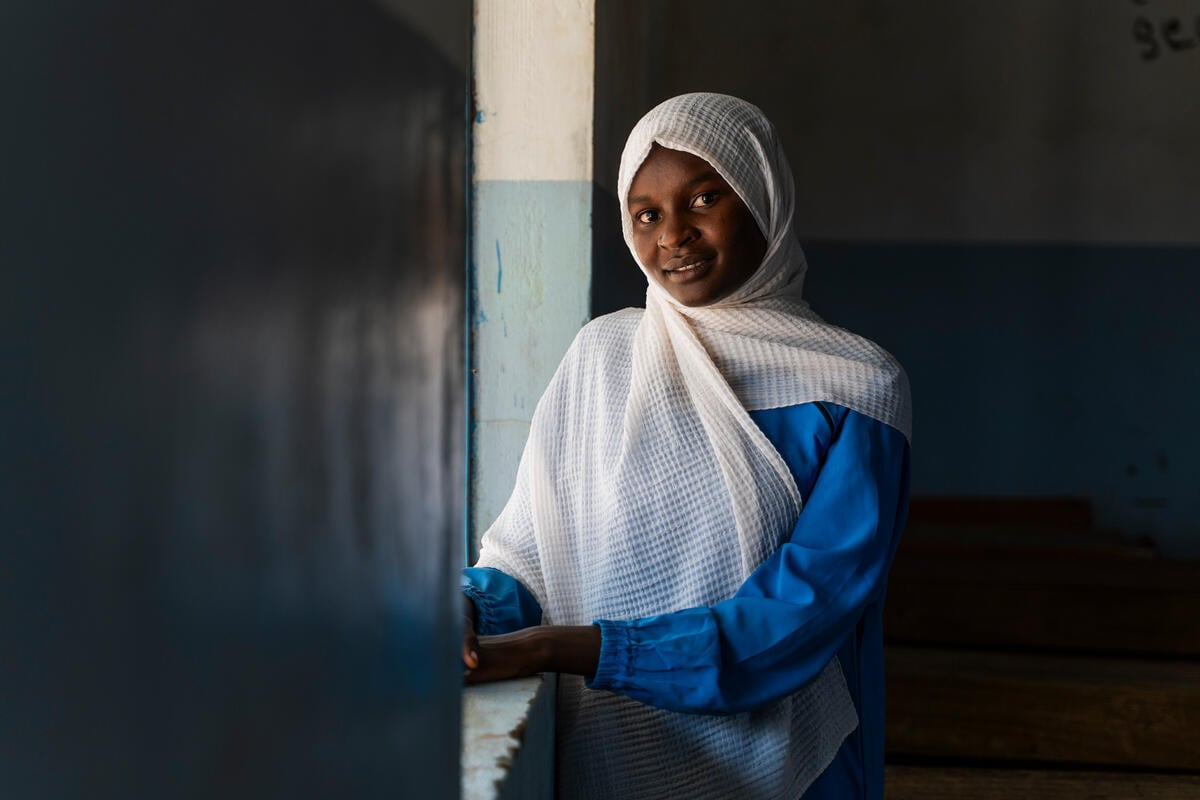
Hawa Ahmed Adam's dreams of becoming a doctor hang in the balance due to the funding cuts. The 18-year-old is a student at the secondary school in Farchana refugee settlement.
Those lost futures include that of Hawa Ahmed Adam, an 18-year-old student at Farchana secondary school, who dreams of becoming a doctor.
“I want to help people receive proper treatment, whether through surgeries or through prescribing the right medicine,” she said. “If you don’t have education, you have no idea about life.”





